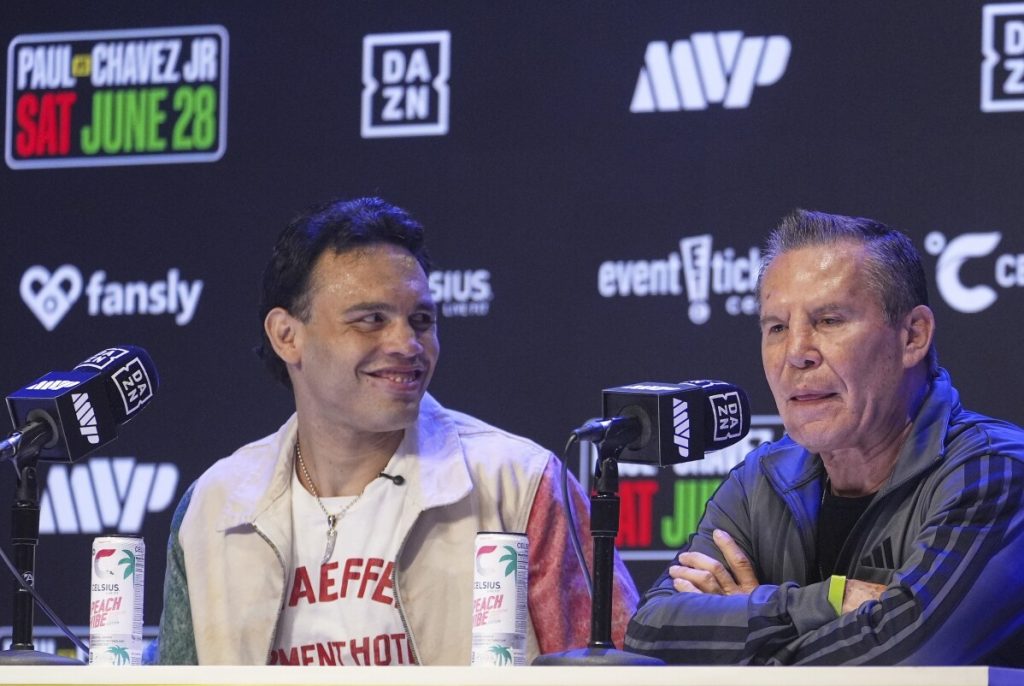Julio César Chávez Jr.’s Troubled Boxing Career and Arrest Spotlight the Real Cost of Celebrity Legacy
Once hailed as the son of a boxing legend, Julio César Chávez Jr.’s career has been marred by setbacks and legal troubles culminating in his arrest and pending deportation—raising questions about accountability beyond fame.

Julio César Chávez Jr., once touted as a rising star in the boxing world largely due to his famous lineage, now stands arrested by U.S. immigration agents and faces deportation to Mexico amid organized crime charges. This development casts a stark spotlight on how celebrity status can obscure serious legal and personal failures.
While mainstream coverage might focus on the spectacle surrounding his fights, especially his recent bout with Jake Paul, it neglects the underlying accountability issues that define Julio César Chávez Jr.’s career trajectory. His time in the ring has been plagued by inconsistent performance and controversies—hardly befitting the legacy of his father, Julio César Chávez Sr., an iconic boxer whose name symbolizes discipline, dedication, and national pride.
Legacy Overshadowed by Legal Troubles
The elder Chávez is enshrined in the International Boxing Hall of Fame for good reason; he brought glory to Mexican boxing with multiple championships across weight classes. Unfortunately, his son’s journey has followed a far less honorable path.
Since 2021, Julio Jr. fought only once before facing Jake Paul in 2025—a sign not just of physical decline but possibly distracted priorities. While the media highlights fight night moments—the punches thrown, weigh-ins, or promotional photos—they omit how these distractions coincide with serious allegations causing federal intervention.
The Hidden Cost of Celebrity Leniency
This arrest raises broader questions about whether public figures are held to an equal standard under the law or if their celebrity affords dangerous leniency until consequences become unavoidable. The fact that federal officials had to step in underscores a failure—not only personally for Chávez Jr.—but systemically in how society manages celebrity misconduct.
What This Means for American Values
The United States prides itself on rule of law and fairness. When individuals like Julio César Chávez Jr. flout these principles—even behind fame’s protective veil—it erodes trust among everyday Americans who adhere to responsibility without exception.
A strong America First perspective demands accountability irrespective of celebrity or legacy. Freedom and sovereignty must apply equally; no one is above these foundational values.
Final Thoughts
This cautionary tale reminds us not to be seduced by fame or legacy alone but to insist on actions matching words and promises. Chavez Jr.’s story could have been one of redemption or inspiration; instead, it ends as a stark reminder that true greatness requires more than inherited name recognition—it demands character and accountability.
